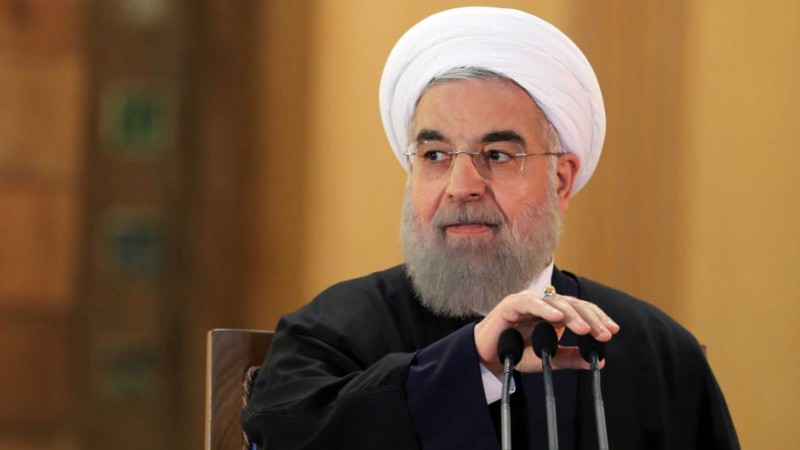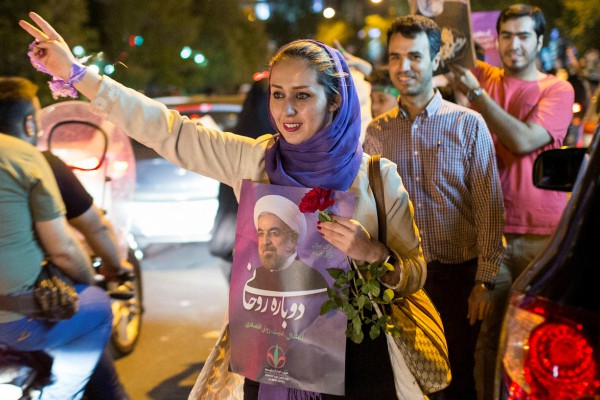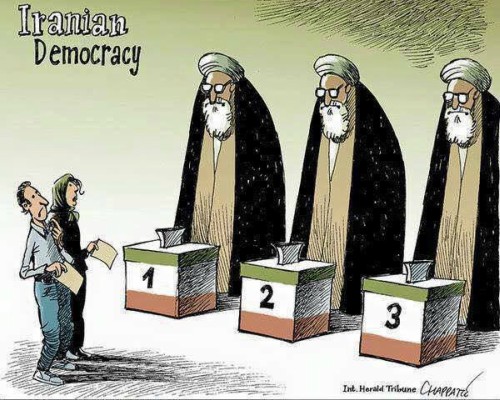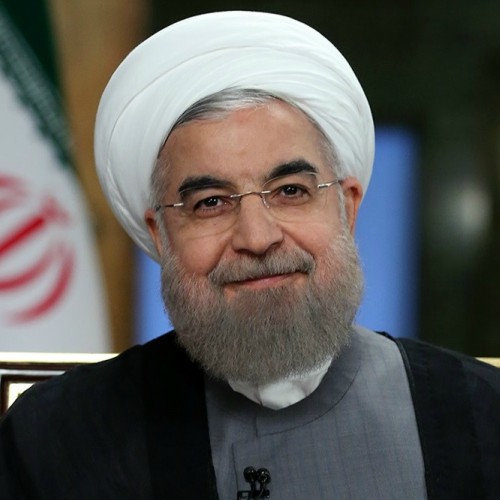Implications of Iranian Presidential Elections on India-Iran Relations

On 19th May 2017 Iranians went to the polling stations to vote for their new President. With a large turn-out of almost 70 percent of the nation’s population casting their votes, President Hassan Rouhani was re-elected for a second term. Mr. Rouhani received nearly 23 million of the votes while his opponent Ebrahim Raisi (a hardliner and conservative) bagged 15.7 million votes. It was a crystal clear victory for Mr. Rouhani and his vision of a moderate and modern Iran.
A vast chunk of his votes came from the urban middle classes, especially the educated youth. Rouhani was instrumental in opening up Iran to the world after years of sanctions imposed isolation with the signing of the nuclear agreement with the USA and other major powers in 2015. In return for the lifting of economic sanctions, Iran agreed to curb its nuclear programme on the basis of certain terms. The removal of these sanctions was foreseen as an automatic precursor to the rapid economic growth and revival of the Islamic nation.

Rouhani had also promised other economic reforms that aided in his rise to power in 2013. However, the economy has remained stagnant despite major natural oil reserves because Iran lacks the new technology to utilize its resources effectively.
President Rouhani faces several challenges in his second term. Many are in-situ stemming from Iran’s quasi-democratic system, whereby actual power resides in the hands of the Supreme Leader, Ayatollah Khamenei. Mr. Rouhani faces opposition from American President Donald Trump who is hell-bent on revoking the nuclear agreement that was signed by his predecessor. Although no concrete steps in that direction have been taken yet, Trump has accused Iran of “fuelling the fires” in the Middle East.

Iran is seen as the source of all evil that triumphs in the Middle East today, especially the nuisance created by the terror group Islamic State (ISIS). With respect to the European Union, relationships are on the path of the amendment.
India and Iran, on the other hand, have had an equitable relationship with long-term cultural, historical and commercial ties. Major developments in Iran can have serious repercussions in India. India was on the side of the United States in the dispute over Iran’s nuclear programme. However, both nations eased their relationship and soon after the lifting of the sanctions Iran became India’s third largest supplier of crude oil, by doubling its exports.
The Farzad B oil field in the Persian Gulf has been reserved exclusively for Indian investments despite many international companies queuing up for investments in Iran. India’s geographical proximity to Iran is a factor that must be kept in mind. It facilitates connectivity through Iran’s Chabahar Port which surpasses Pakistani territory. India is expected to become the world’s second largest consumer of hydrocarbons in the near-future and this natural, physical proximity to Iran’s oil fields will supplement India’s growing demands.
In 2016, Indian Prime Minister Narendra Modi had visited Tehran. He had then signed a $500 million agreement with Iran to develop the Chabahar port.

With Iran slowly diversifying its economy away from oil imports, India can serve as a model for its development. India’s private sector, banks and MNCs can provide Iran with necessary technology and aid. Iranian youth can learn much from India’s IT and pharmaceutical firms. While Tehran and New Delhi seek co-operation in more and more sectors, they need to be wary of the existing status quo in the region.
India pursues stable relations with Iran as a means of balancing the rise of China and increasing stability in Central Asia. India-Iran relations are also a source of worry for Pakistan. Iran must strike the right cord so as not to alienate Pakistan, which is a Sunni Muslim-majority country with a large Shia population sharing Iran’s borders. Both India and Pakistan are crucial stakeholders in energy co-operation with Iran. New Delhi must also keep in mind the increasing friction between Iran and the US, which earlier has compelled India to relinquish its obligations to Iran.
For more international news click here.





